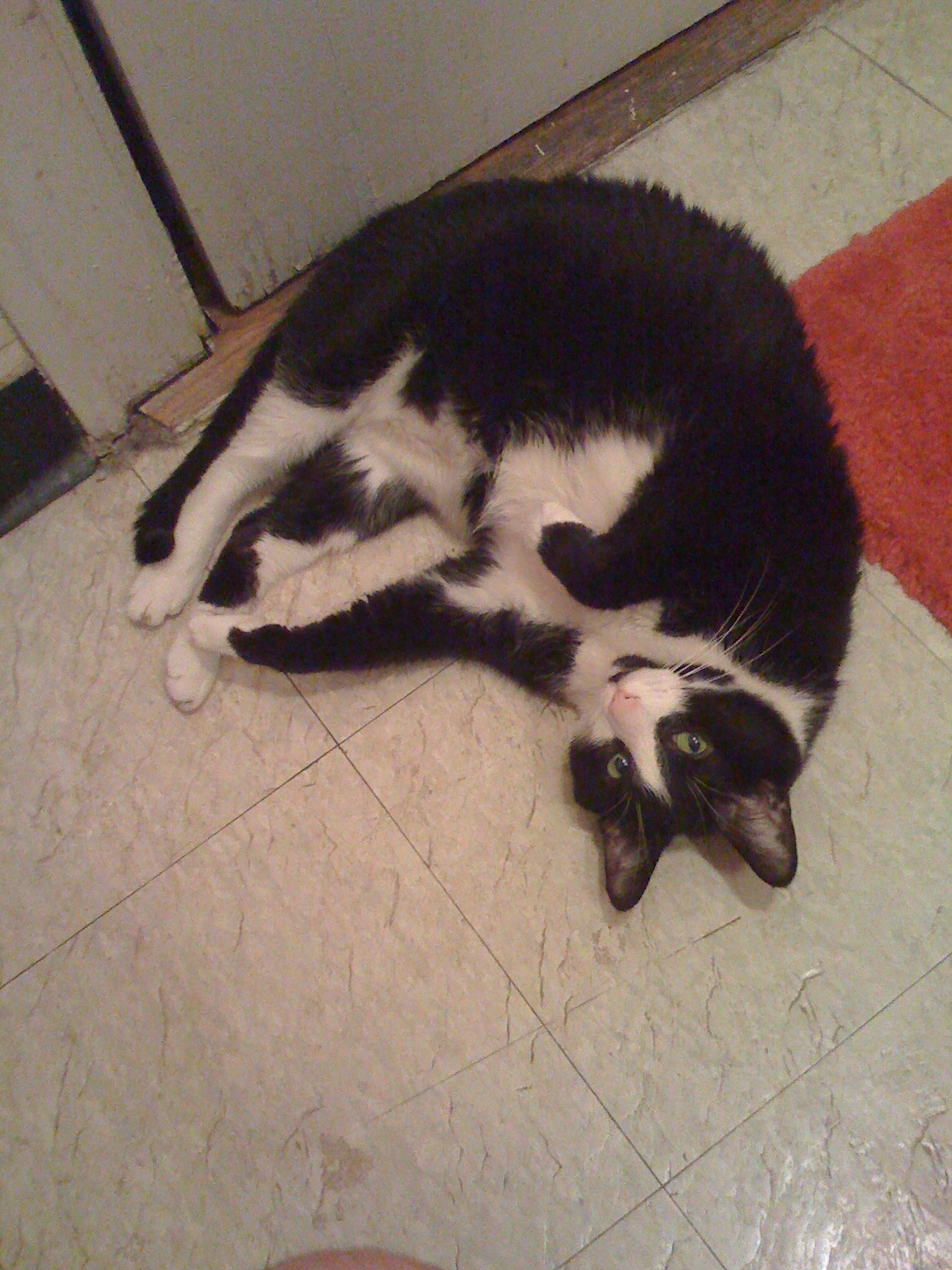Andrew Sullivan has been running a regular feature on his blog called “the cannabis closet,” in which ordinary, productive, otherwise law-abiding citizens advocate for the decriminalization of marijuana by admitting to their own use of it, thus demonstrating the possibility of using marijuana responsibly and harmlessly.
It’s a clever idea. As Sullivan and others have argued, the cultural stereotype of the marijuana user is the bearded or beaded Deadhead, a guy (or gal) who, one strongly suspects, actually hangs those centerfolds from High Times up in the garage or the basement. The first step toward sensible reform of the marijuana laws is to shatter the stereotype of the addled pot-smoking hippie, disingenuously arguing for the benefits of hemp clothing when everyone knows he really wants to be able to blaze up at the Phish concert without getting hooked by the law. I already knew pot was far more mainstream than that, but even I have been somewhat taken aback by the breadth of the testimonials Sullivan has collected so far. There are an awful lot of folks out there who demonstrate you can keep your shit together and smoke it, too.
Anyway, having been clean for many years now, I don’t have the opportunity to weigh in with my own testimony. But it got me thinking about a marvelous mass protest that would force the issue of marijuana reform on the national radar in a big way. Let me admit up front there is no way in hell this would ever happen. But as a thought experiment, it’s a honey.
According to statistics, about 12.5% of people in the U.S. smoked pot at least once in the last year. That’s roughly 38 million Americans, between the ages of 15 and 64. Let’s say for the sake of argument that the majority of those — say 35 million, roughly equal to the entire population of California — are at least semi-regular users.
Now let’s say that all of those folks picked a day. Could be April 20, could be any old day. And let’s say that, on that day, 35 million marijuana users all turned themselves into the police.
Imagine husbands and wives, grandmas and grandpas, sons and daughters; school teachers, financial advisors, lawyers and librarians; soldiers, firefighters, grocery clerks, real estate agents — hell, maybe even the occasional policeman — all rolling up to their local police station to give themselves up.
I can’t find any statistics on how many people are currently embroiled in the criminal justice system right now. From DUIs and trespassing citations up to robberies and murders, there are undoubtedly a lot of people working their way through the state and federal courts. Now imagine tossing in a few dozen million more, all copping to the same benign offense. The justice system would grind to a halt. Camera crews would record footage of lines leading out of police stations and snaking around the block. Police would be reduced to taking names and numbers and sending people home, the cases subsequently going unpursued due to “shortages of resources and manpower.” And the people watching at home would, I think, be astonished to see how many of their fellow ordinary citizens pursue this pastime, who are considered criminals under our country’s current laws.
That, I think, would change the conversation in a big hurry.

